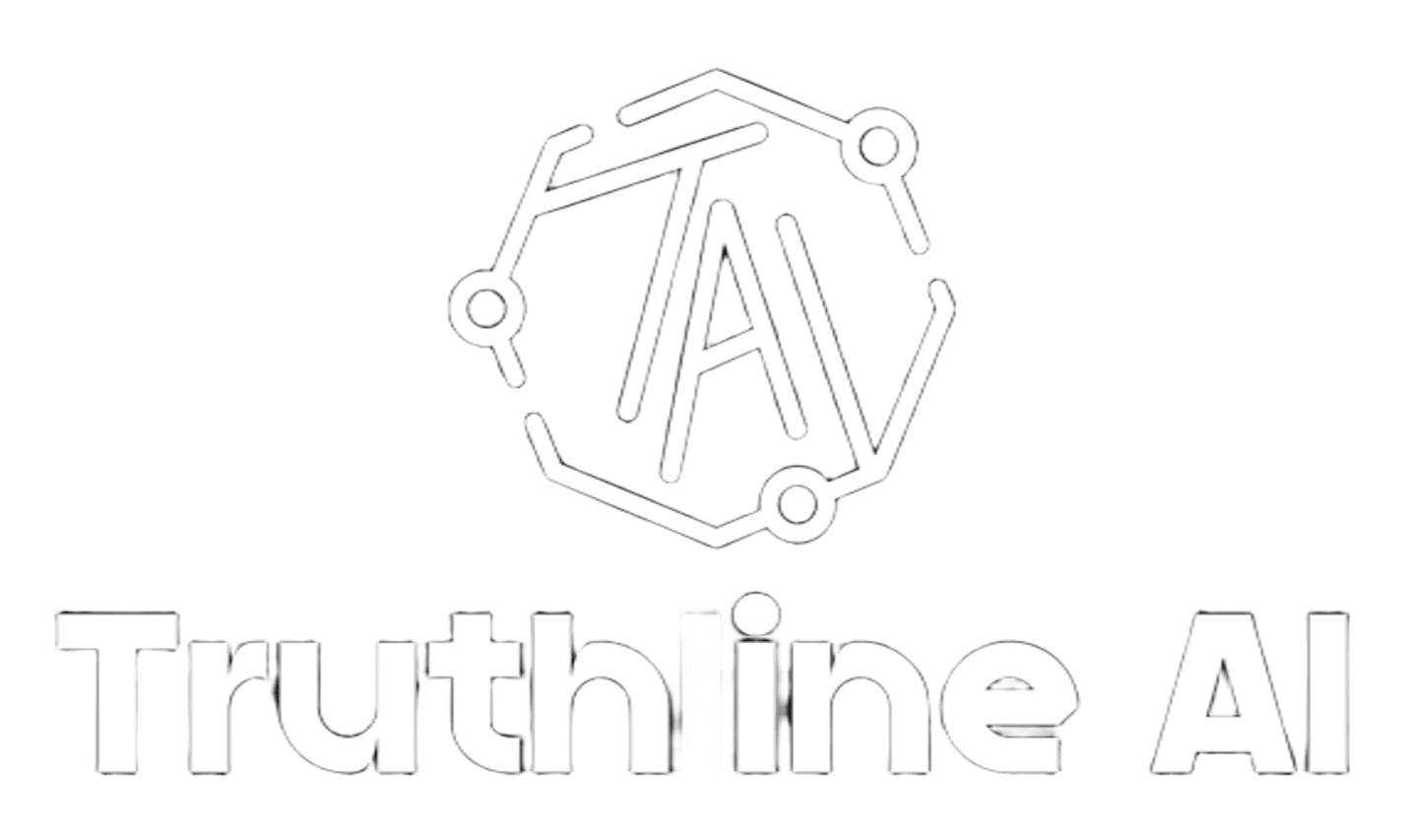Analysis of The Business Daily Newspaper -July 16,2025
Track
The Business Daily ,maintains a strong focus on financial regulation, corporate governance, and economic policy. Key stories highlight Kenya’s tightening anti-money laundering measures, tax compliance issues, and corporate financial maneuvers, suggesting an emphasis on transparency and accountability in business. The coverage also tracks market reactions, such as stock fluctuations for Co-op Bank and Umeme, reinforcing a narrative of investor sensitivity to regulatory and fiscal changes. The consistent reporting on financial oversight indicates the newspaper’s priority on economic stability and ethical business practices.
Tone
The tone of the newspaper is predominantly analytical and investigative, blending caution with optimism. While reporting on regulatory crackdowns (e.g., FRC’s new rules, National Cement’s tax reversal), the language remains neutral, though subtly critical of inefficiencies, such as the University Fund’s discrepancies. Stories on innovation (digital IDs, electric tuk-tuks) adopt a forward-looking tone, while coverage of protests and financial disputes carries an undertone of urgency. Overall, the tone balances scrutiny with encouragement for reform and adaptation in Kenya’s business landscape.
Framing
The framing of stories leans toward systemic accountability and economic resilience. Articles on tax adjustments and pending bills frame these issues as bureaucratic challenges requiring urgent resolution, while fintech and green energy innovations are framed as progressive solutions. The juxtaposition of corporate gains with losses creates a narrative of market volatility and strategic adaptation. By highlighting both regulatory pressures and entrepreneurial opportunities, the newspaper frames Kenya’s economy as dynamic but in need of structured reforms.
Editorial Agenda
The editorial agenda prioritizes financial integrity, technological advancement, and social equity. The lead stories on anti-money laundering and tax compliance underscore a push for stricter governance, while features on digital IDs and electric transport advocate for modernization. Human-interest angles, like Sister Immaculate’s legal work and traditional taxi drivers’ resilience, soften the hard business focus, suggesting a broader agenda of inclusive growth. The consistent inclusion of expert opinions and policy debates reinforces the paper’s role as a platform for shaping Kenya’s economic discourse.
Conclusion
The Business Daily’s July 16 edition presents a comprehensive snapshot of Kenya’s evolving economic and regulatory landscape. Its blend of investigative reporting, market analysis, and innovation highlights reflects a commitment to informed public discourse. While exposing systemic flaws, the paper also spotlights adaptive strategies, offering a balanced view of challenges and opportunities. Ultimately, the coverage reinforces the need for transparency, innovation, and equitable growth in Kenya’s business environment.
